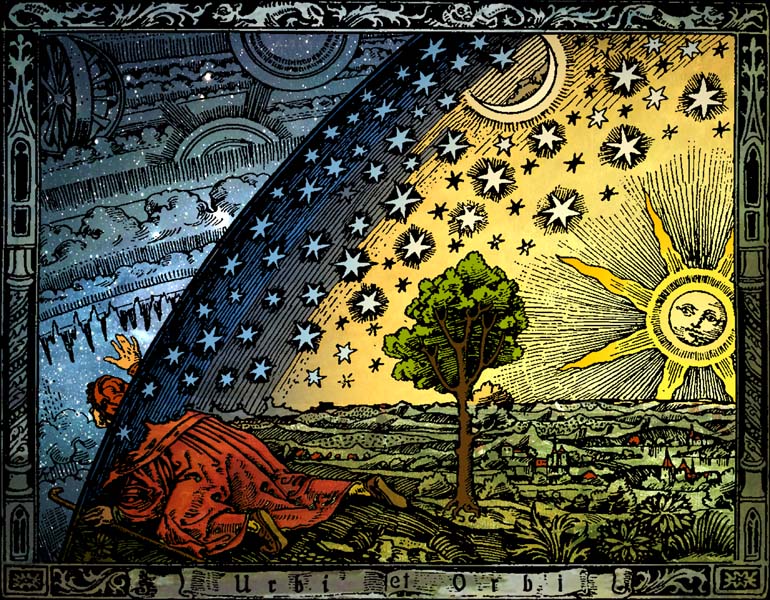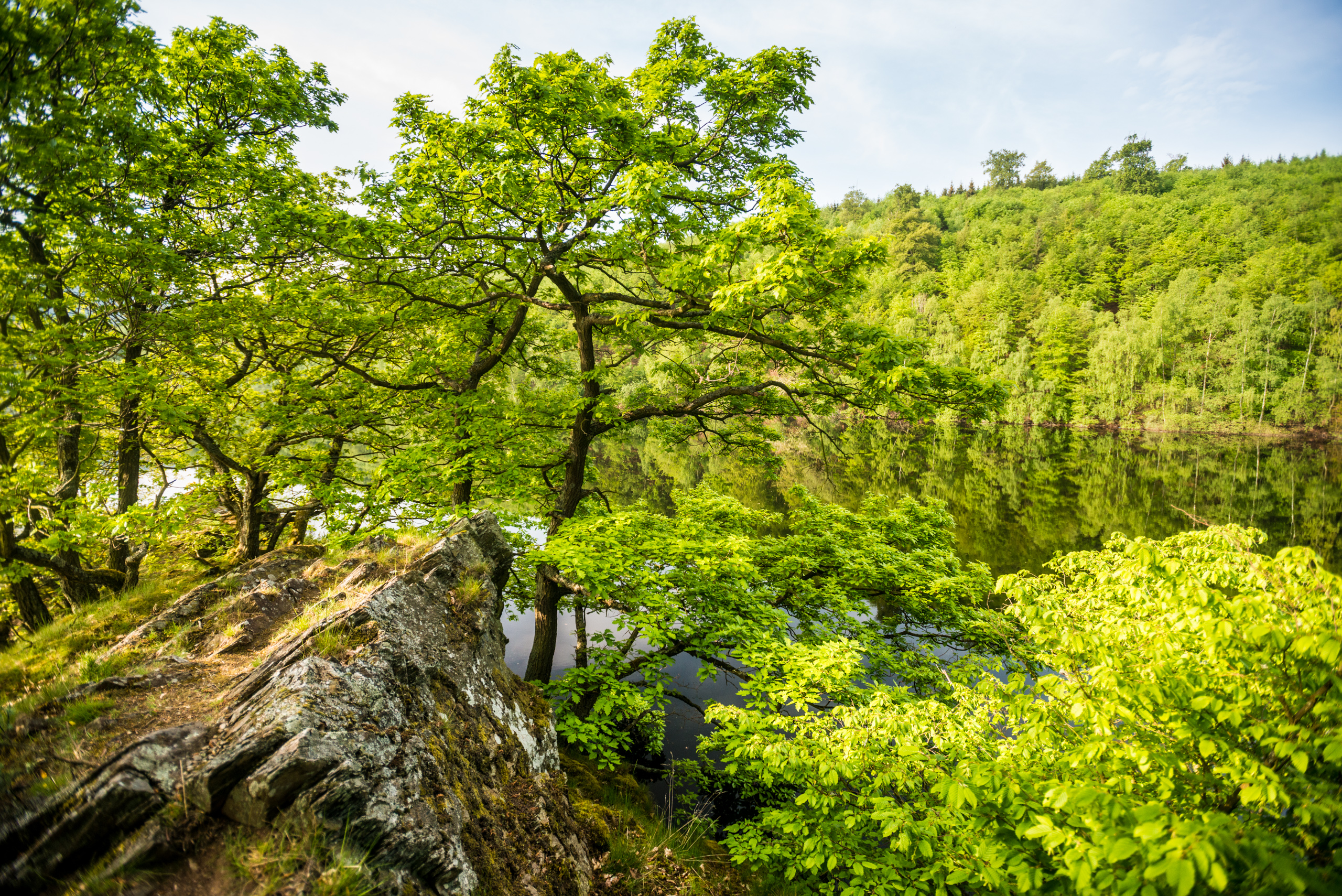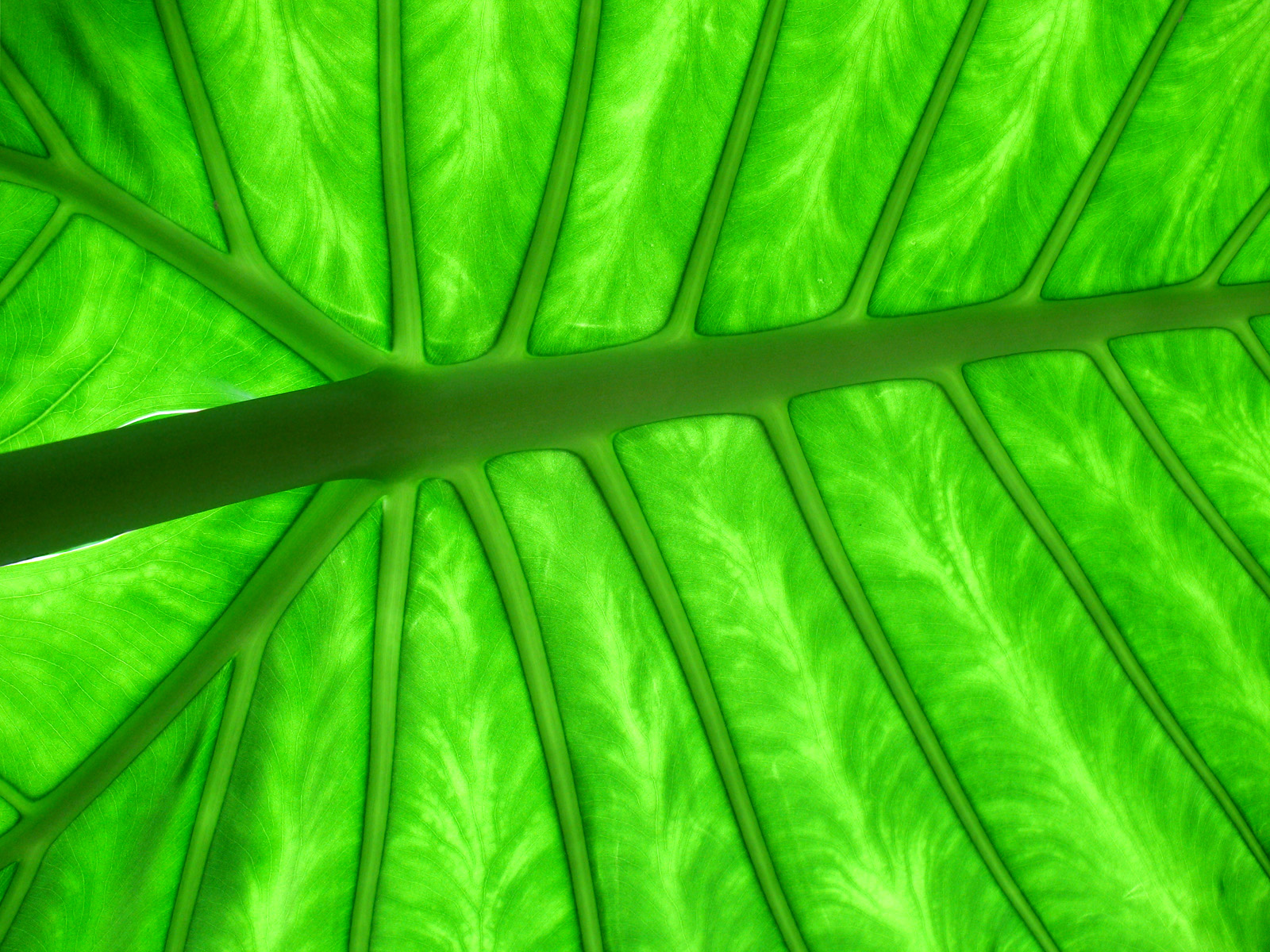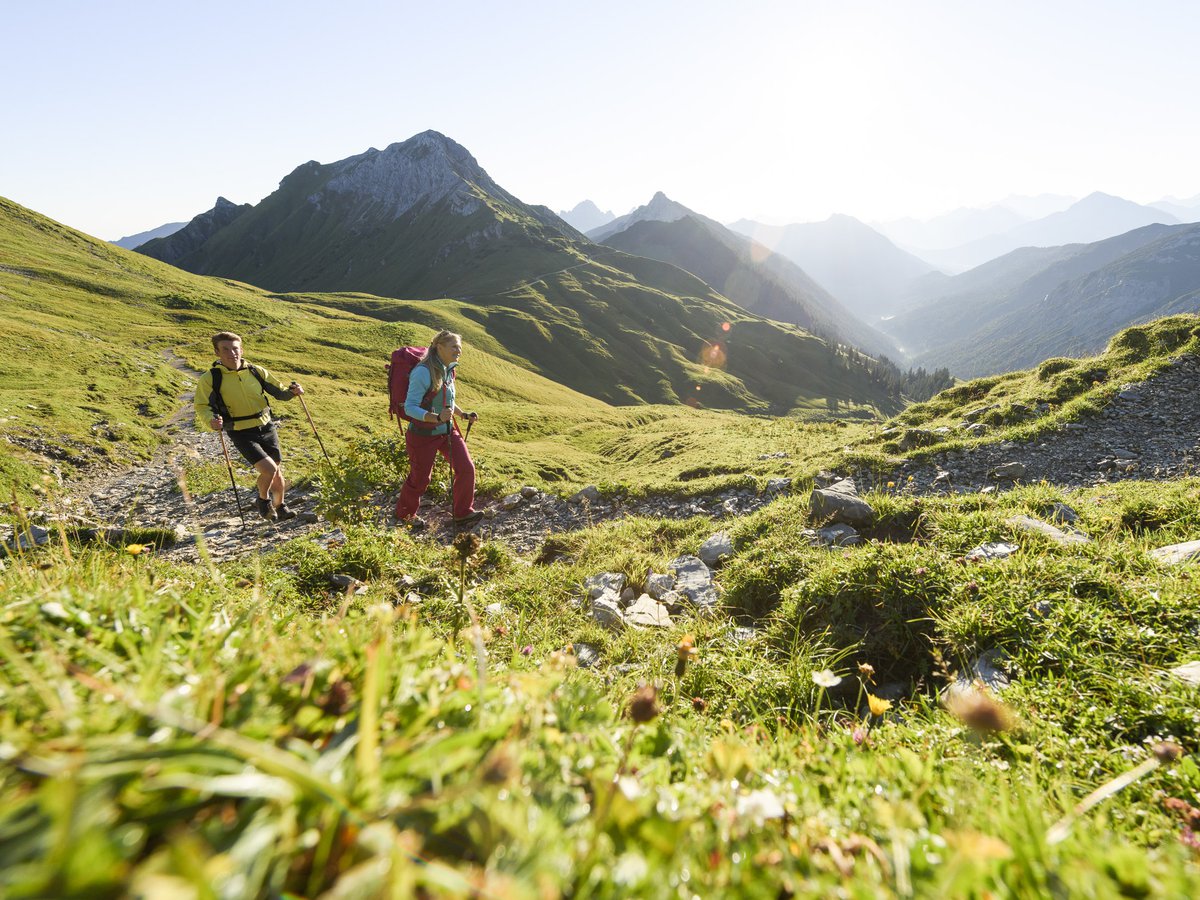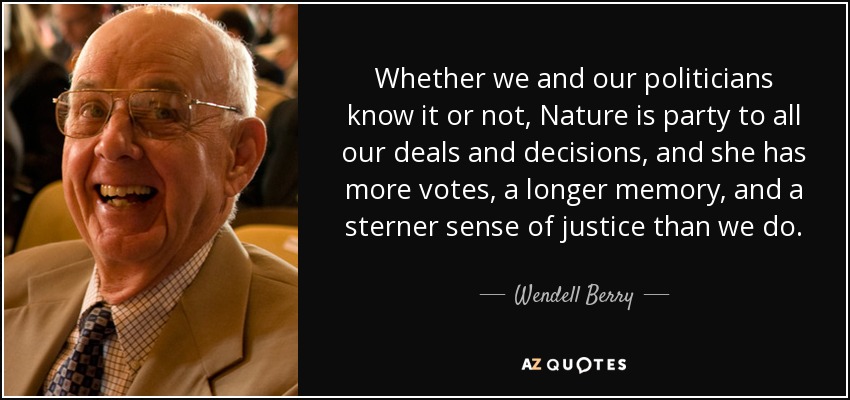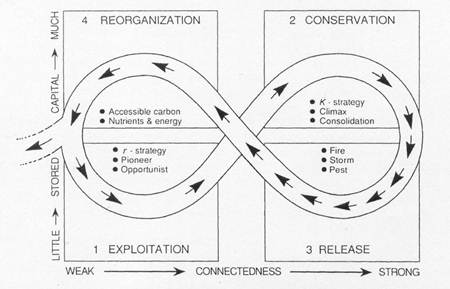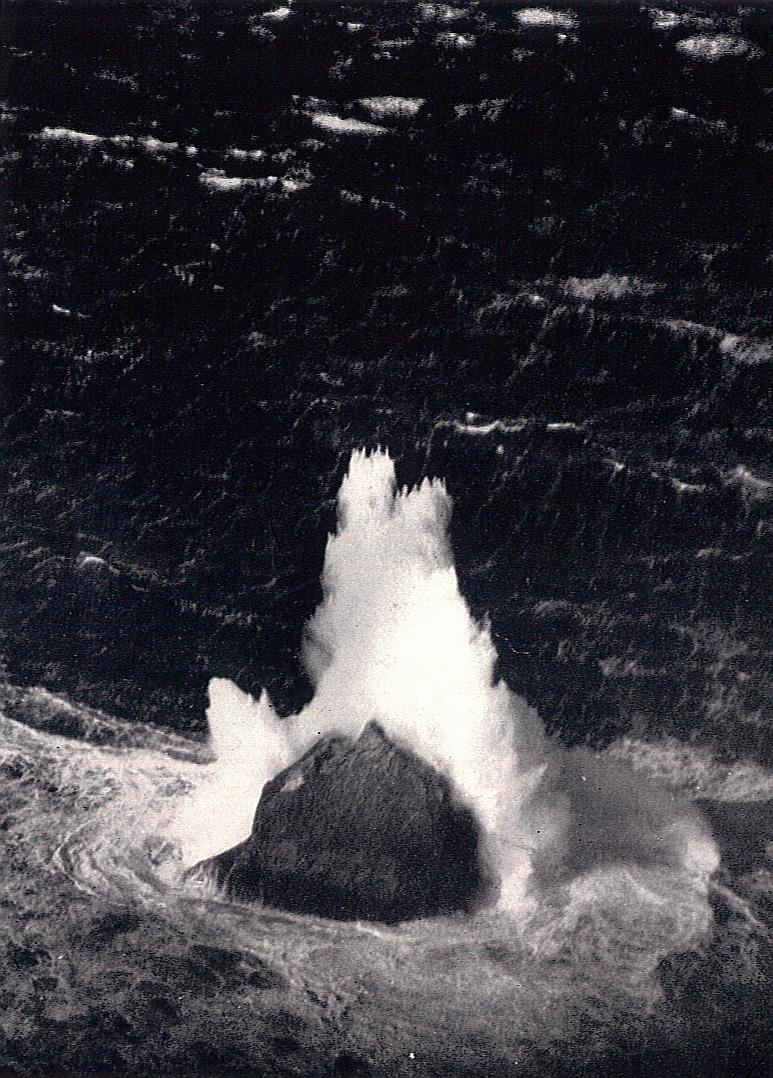Links zum Thema Natur und Umwelt / Nature and environment
Literatur
- Carl Amery [Christian Anton Mayer] (1922-2005) deutscher Umweltaktivist, Schriftsteller, Die ökologische Chance, Süd-
deutscher Verlag, München, 1985
- Prof. Dr. Ing. Bernd-Helmut Kröplin (1944-2019) deutscher Bauingenieur, Professor für "Anwendung numerischer Methoden",
Leiter des Institut für Statik und Dynamik der Luft- und Raumfahrtkonstruktionen, Universität Stuttgart (1988-2010), Autor, Welt
im Tropfen. Gedächtnis und Gedankenformen im Wasser, Gutesbuchverlag, 2001, Institut für Statik und Dynamik der Luft- und Raumfahrtkonstruktionen, 2. Auflage, 11. November 2004
- Luc Bürgin (1970-2024) Schweizer Journalist, Publizist, Schriftsteller, Der Urzeit-Code. Die ökologische Alternative zur umstrittenen Gentechnologie, Herbig, München, 2007, 2. Taschenbuchauflage 1. Januar 2008
Über sensationelle Experimente beim Pharmariesen Ciba Geigy (Novartis), die ökologische Alternative zur umstrittenen Gen-Technologie; Quellenbezug: Luc Bürgin (Autor), Der Urzeit-Code. Die ökologische Alternative zur umstrittenen Gentechnologie, München 2007; Referenzlink: Urzeit-Code.com
- Clemens G. Arvay (*1980) österreichischer Biologe, Buchautor, Der Biophilia-Effekt. Heilung aus dem Wald, edition a, Wien,
8. Auflage 11. April 2015
- Peter Wohlleben peter-wohlleben.de (*1964) deutscher Förster, Sachbuchautor, Das geheime Leben der Bäume. Was sie fühlen, wie sie kommunizieren – die Entdeckung einer verborgenen Welt, Ludwig Buchverlag, gebundene Ausgabe 25. Mai 2015
Die in einem Sozialverband lebenden Bäume stillen ihre Kinder über Jahrzehnte, kümmern sich um Alte und Schwache und warnen sich über
weite Strecken vor Feinden.
- Dr. Ing. Erwin Thoma (*1962) österreichischer Forst- und Betriebswirt, Holzunternehmer, Autor, Strategien der Natur: Wie die Weisheit der Bäume unser Leben stärkt. Evolution und Biologie, Geschichten und Mythen – was wir vom Wald lernen können, Benevento, 1. Auflage 25. Juli 2019
- Interview mit Peter Wohlleben peter-wohlleben.de (*1964) deutscher Förster, Sachbuchautor, "Was wir der Natur antun, tun wir uns selber an", präsentiert von der deutschen Tageszeitung Süddeutsche Zeitung, Gastgeberin Tanja Rest, 19. Januar 2020
Literature (engl.)
- F. William Engdahl (*1944) US American German geopolitical analyst, historian, economic researcher, lecturer, freelance journalist, author, Seeds of Destruction. The Hidden Agenda of Genetic Manipulation, Global Research, Centre for Research on Globalization, 1. December 2007
- Satish Kumar (*1936) Indian Jain monk, activist, nuclear disarmament advocate, environmentalist, pacifist, editor of the environmental magazine Resurgence & Ecologist, Soil Soul Society. A New Trinity For Our Time, 30. September 2013
↑
Externe Weblinks
- Wikipedia-Einträge Natur, Natur-Defizit-Syndrom, Umwelt
- Biophilia Begriff, ursprünglich von Erich Fromm geprägt
- Persönlichkeiten Sepp Holzer (*1942) österreichischer Landwirt, international tätiger Berater für naturnahe Landwirtschaft, Buchautor
- Artikel Der Waldmacher. Der Agrarexperte Tony Rinaudo verwandelt abgeholzte Steppen in grüne Wälder. Seine Methode könnte für Afrika bedeutender werden als Milliarden von Dollar Entwicklungshilfe., präsentiert von der überregionalen Schweizer Tageszeitung Tages-Anzeiger, 10. Mai 2016
- Blogartikel Forscher entdecken, dass Bäume einen "Herzschlag" haben, er ist so langsam, dass wir es vorher nie bemerkt haben, präsentiert von dem Blogspot liebe-das-ganze, 6. Mai 2018
- Interview mit Peter Wohlleben peter-wohlleben.de (*1964) deutscher Förster, Sachbuchautor, "Was wir der Natur antun, tun wir uns selber an", präsentiert von der deutschen Tageszeitung Süddeutsche Zeitung, 19. Januar 2020
External web links (engl.)
- Article Plants talk to each other using an internet of fungus, PDF, presented by the British news outlet BBC News, Nic Fleming,
11. November 2014
- Article The Secret Life of Trees. The Astonishing Science of What Trees Feel and How They Communicate, presented by
the free weekly digest Brain Pickings, host Maria Popova (*1984) Bulgarian critic, blogger, writer, 26. September 2016
- Essay (audio availed) The healing power of nature, presented by the philosophical and cultural online magazine Aeon,
Rebecca Lawton, fluvial geologist, writer, edited by Pam Weintraub, 6. September 2017
- Blog article by Sara Burrows, Trees have a "Heartbeat", Scientists Discover, presented by returntonow.net, 29. April 2018
↑
Audio- und Videolinks
- Videopräsentation von Dr. Ing. Erwin Thoma (*1962) österreichischer Forst- und Betriebswirt, Holzunternehmer, Autor, 15. AZK: Vortrag von Dr. Ing. Erwin Thoma "Die geheime Sprache der Bäume", veranstaltet von der Anti Zensur Koalition (AZK), Gastgeber Ivo Sasek (*1956) Schweizer Laienprediger, Gründer der AZK, Autor, gefilmt von Schweizer Online-Videokanal Klagemauer.tv, 15. Anti Zensur Konferenz, Schweiz, 11. August 2018, kla.tv/11674, YouTube Film, 1:21:26 Dauer, eingestellt 5. September 2018
- Videointerview mit Dr. Ing. Erwin Thoma (*1962) österreichischer Forst- und Betriebswirt, Holzunternehmer, Autor, KenFM im Gespräch mit Erwin Thoma | Strategien der Natur, präsentiert von der deutschen Online-Plattform für investigativen Journalismus KenFM, Gastgeber Ken Jebsen (*1966) deutsch-iranischer Fernseh- und Radiomoderator, freischaffender Reporter (*2011), YouTube Film, 1:35:53 Dauer, eingestellt 5. December 2020
Hörbücher
Filme und Fernsehserien
- Kinodokumentarfilm Plastic Planet – Leben ohne Plastik, österreichisch-deutsche Koproduktion, Regisseur Werner Boote,
gefilmt von Thomas Bogner, Erscheinungsdatum September 2009, YouTube Film, 1:13:49 Dauer, eingestellt 7. Februar 2018
- bpb-Dokumentation "PLASTIC PLANET" – 2005, produziert 2005, Erscheinungsdatum 25. Februar 2010 (Deutschland), YouTube Film, 1:34:04 Dauer, eingestellt von Doku 24 18. Mai 2022
- Kanadischer animierter Kurzfilm Der Mann der Bäume pflanzte, Regie Frédéric Back, erschienen 1987, YouTube Film,
30:08 Minuten Dauer, eingestellt 12. Oktober 2016
Der Mann, der Bäume pflanzte (Kurzgeschichte), Erzählfigur Elzéard Bouffier, entstanden im Jahr 1910;Der Mann, der Bäume pflanzte (Film)
Mehrfach ausgezeichneter Kurzfilm, Oscar-Verleihung, 1988
- Freier Dokumentarfilm von Yann Arthus-Bertrand (*1946) französischer Umweltschützer, Fotograf, Regisseur, Reporter, Journa-
list, Autor, HOME (DE), veröffentlicht 2009, YouTube Film, 1:33:17 Dauer, eingestellt 3. September 2012
↑
Audio- und Videolinks (engl.)
- Audio interview with Penny Kelly, US American engineer, kundalini awakened psychic, science translator, teacher, lecturer, spiritual consultant, naturopathic physician, author, Penny Kelly Interview, presented by Timeless Topics Radio. The World Beyond TV (TWBTV), host Steve Freier, recorded at Lily Hill Farm, southwest Michigan, 26. August 1997, YouTube film,
52:10 minutes duration, posted 21. July 2014
Organic vinyard farming following the advice of the elves and the landscape deva of the land
Water is capable of "memory" by storing information and retrieving it.
- Audio interview with Penny Kelly, US American engineer, kundalini awakened psychic, science translator, teacher, lecturer, spiritual consultant, naturopathic physician, author, Penny Kelly Buddha at the Gas Pump Interview, episode 326., presented by the podcast Buddha at the Gas Tank. Interviews with "ordinary" spiritually awakened people, host and founder of Batgap Rick Archer, US American former TM meditator, recorded 7. January 2016, Podchaser, 2:18:06 duration, posted 10. January 2016
Kelly shares about her encounters with the elves on her land in Michigan. Minute 1:03:07-1:11:22
- Video presentation by Suzanne Simard, Canadian professor of forest ecology, University of British Columbia, Vancouver, Canada, How trees talk to each other, sponsored by TEDSummit, 26-30 June 2016, Banff, Canada, 18:19 minutes duration, recorded June 2016
Documentaries and movies
↑
|

